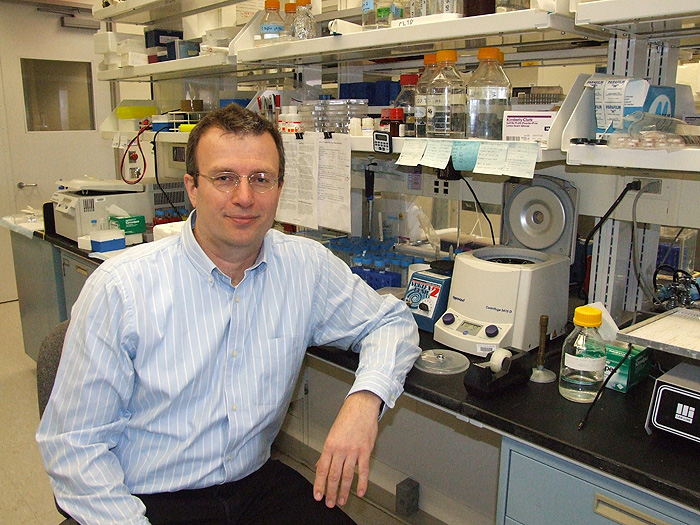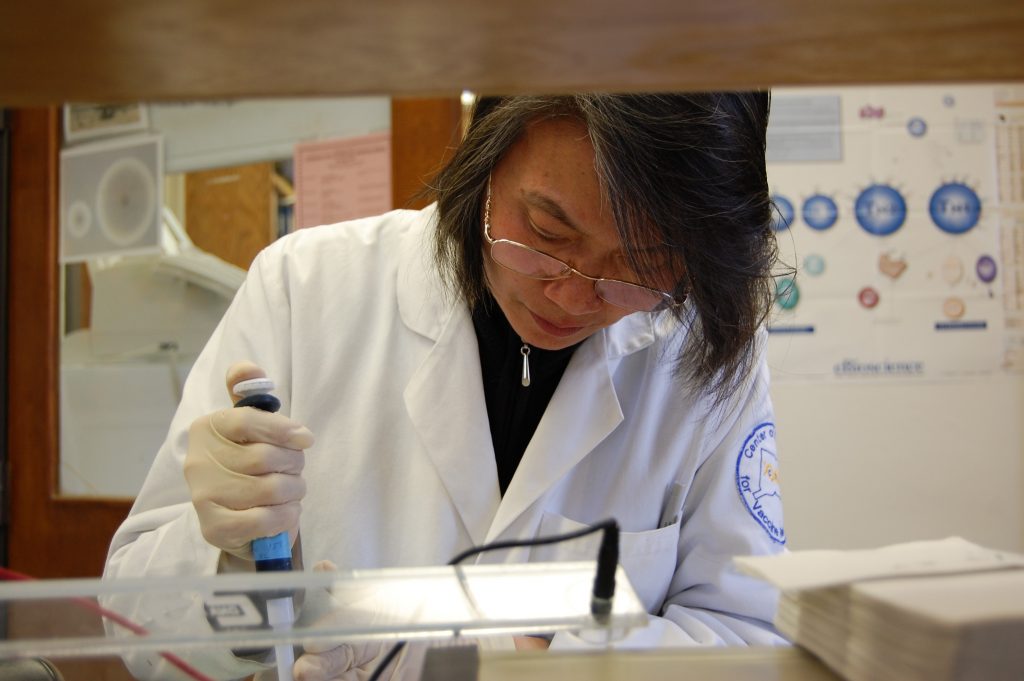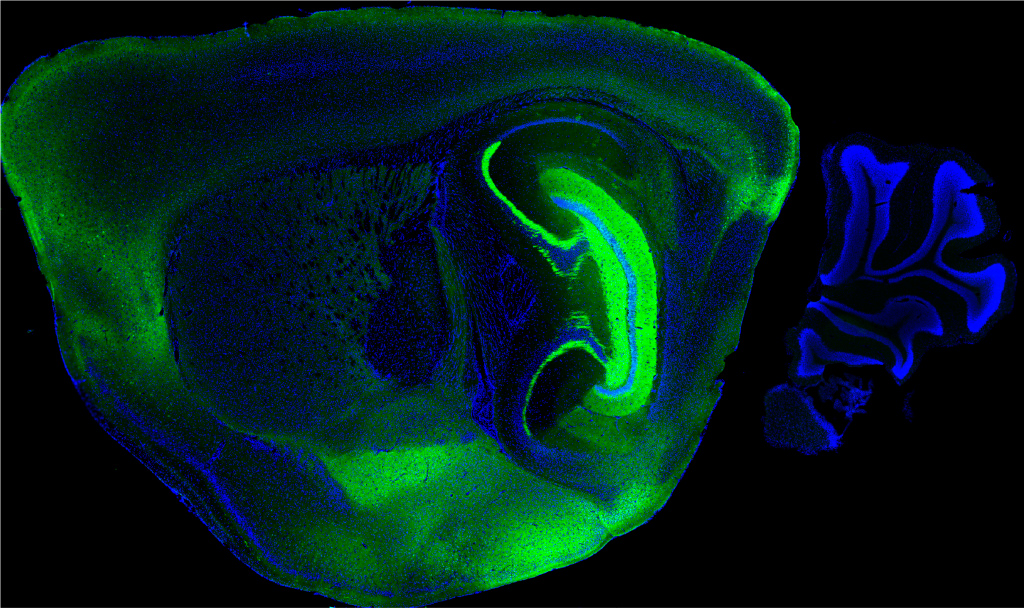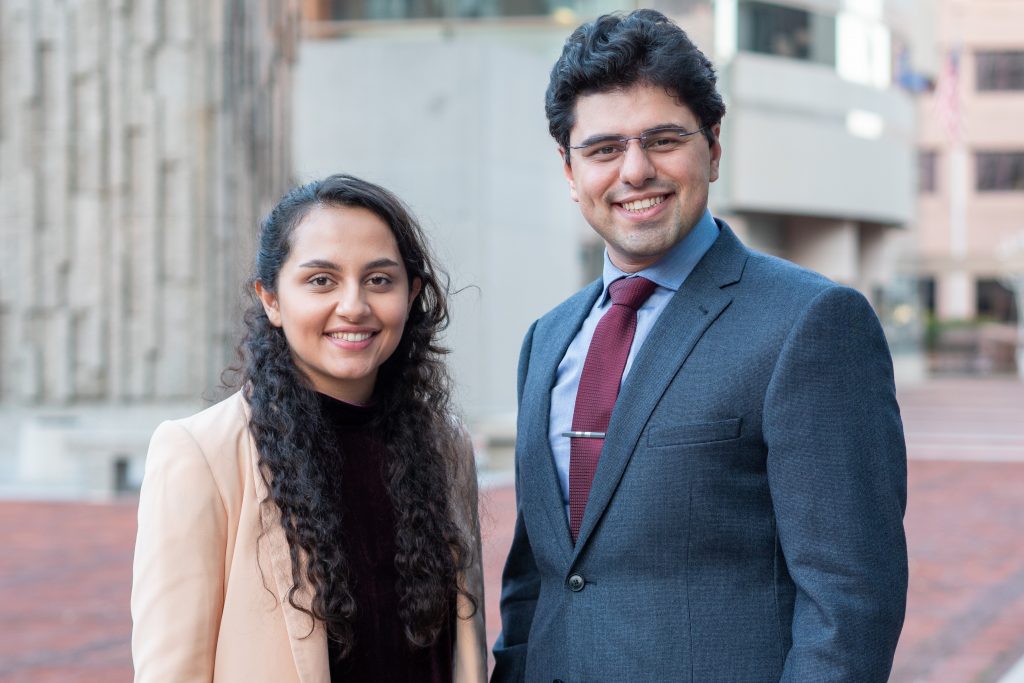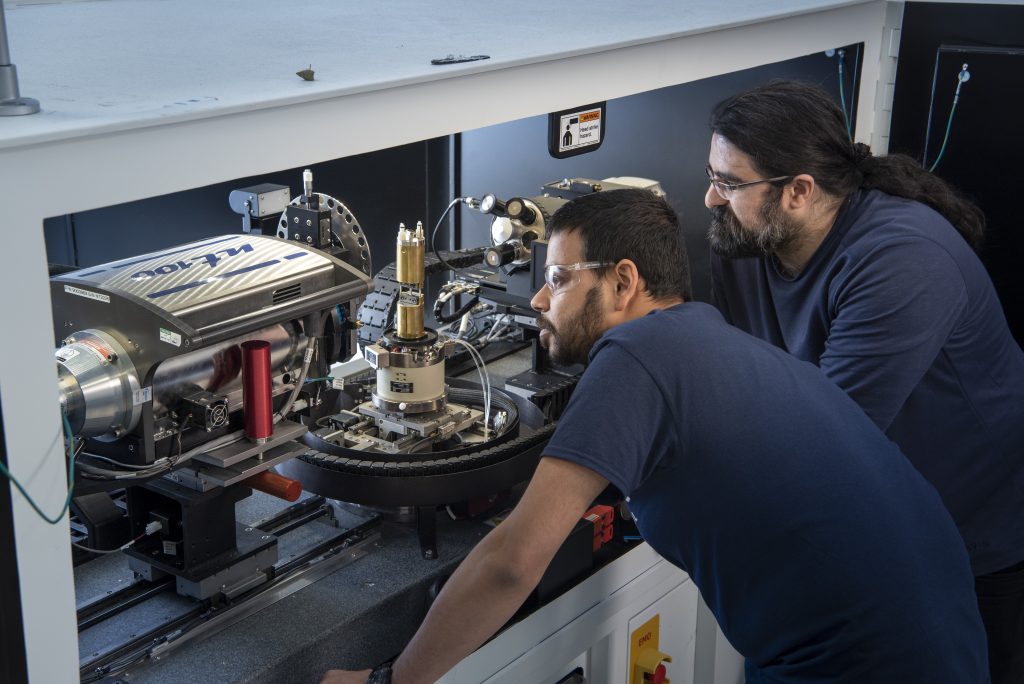
Executive Director, Office of Communications
Jessica McBride, PhD
Dr. Jessica McBride is the Executive Director of the Office of Communications at UConn's College of Agriculture, Health and Natural Resources. She is responsible for developing and implementing communications and marketing strategies to highlight the College's unique research strengths, outstanding academic offerings, and extensive community impact. An alum, Jessica earned her Ph.D. from UConn in 2017.
Author Archive
Meet the Researcher Solving Problems in 3D
We’ve all watched videos, mesmerized, while a machine adds layer upon layer to 3D print anything from a model of the Eiffel Tower to a rubber duck. Aside from being really cool, this technology has tremendous implications for revolutionizing companies’ manufacturing processes. Under the leadership of Castleman Term Associate Professor in Engineering Innovation Rainer Hebert, […]
May 3, 2019 | Anna Zarra Aldrich '20 (CLAS), Office of the Vice President for Research
Making In-Roads with Parasite Introns
UConn Health researcher Arthur Günzl has received a $450,000 grant from the NIAID to investigate the role of introns in a class of parasites responsible for several tropical human diseases: sleeping sickness, Chagas’ disease, and leishmaniasis.
May 2, 2019 | Anna Zarra Aldrich '20 (CLAS), Office of the Vice President for Research
Investigating the Genetic Linchpin of Lynch Syndrome
UConn Health associate professor of medicine Christopher Heinen has received a $1.8 million grant from the NIH to better understand certain gene mutations that cause Lynch syndrome and many hereditary forms of cancer.
April 29, 2019 | Anna Zarra Aldrich '20 (CLAS), Office of the Vice President for Research
Meet The Researcher: Analyse Giordano ’20, Allied Health
Analyse Giordano is a junior majoring in allied health sciences at the University of Connecticut. She has her eyes set on going to med school, but there’s a lot she wants to get done first, including potentially groundbreaking research. Giordano was recently named a University Scholar and received a SURF award for her project developing […]
April 26, 2019 | Anna Zarra Aldrich '20 (CLAS), Office of the Vice President for Research
Meet The Researcher: Analyse Giordano, CAHNR ’20
Analyse Giordano (CAHNR '20) has her eyes set on med school, but there’s a lot she wants to get done first, including potentially groundbreaking research.
April 26, 2019 | Anna Zarra Aldrich '20 (CLAS), Office of the Vice President for Research
Agricultural Vaccine Research Network Established at UConn
The U.S. Department of Agriculture National Institute of Food and Agriculture has designated UConn's Center of Excellence for Vaccine Research to be the national hub for the coordination of animal vaccine research.
April 23, 2019 | Anna Zarra Aldrich '20 (CLAS), Office of the Vice President for Research
Closing the Gap in ADHD Research by Considering Synaptic Causes
UConn Health assistant professor of neuroscience David Martinelli has received a $165,000 grant from the Charles H. Hood Foundation to investigate a potential cause of ADHD, which affects 5 to 7 percent of children worldwide.
April 22, 2019 | Anna Zarra Aldrich '20 (CLAS), Office of the Vice President for Research
New Program Looks Local to Improve Road Safety
From rumble strips to retroreflectometers - the Safety Circuit Rider Program administered by UConn helps keep local drivers safe.
April 12, 2019 | Anna Zarra Aldrich '20 (CLAS), Office of the Vice President for Research
New Technology Designed to Reduce Mortality Rates in Cancer Patients
A pair of Ph.D. students developed a technology that takes a patient’s tumor cells and grows them outside of the body to test different cancer treatments.
April 10, 2019 | Anna Zarra Aldrich '20 (CLAS), Office of the Vice President for Research
Meet the Researcher: Sina Shahbazmohamadi at UConn Tech Park
Sina Shahbazmohamadi wears his long black hair in a ponytail pulled back from his bearded face and smiles eagerly as he begins to talk about his work at the Innovation Partnership Building (IPB) at UConn Tech Park. A mechanical engineer by training, Shahbazmohamadi does advanced research in 3D imaging at the Reverse Engineering, Fabrication, Inspection […]
April 9, 2019 | Anna Zarra Aldrich '20 (CLAS), Office of the Vice President for Research

